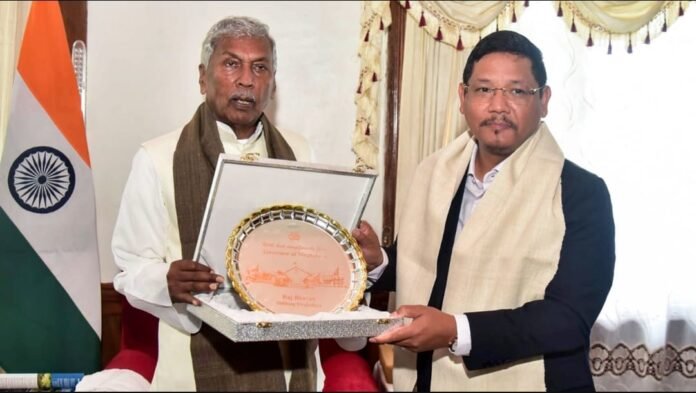Introduction:
The Northeast allies of India’s ruling National Democratic Alliance (NDA) have voiced their reservations regarding the proposed implementation of a Uniform Civil Code (UCC). Expressing apprehensions about potential limitations on freedoms and rights, these regional allies have called for a careful examination of the ramifications the UCC may have on the diverse cultural fabric of the northeastern states.
Northeast’s Cultural Diversity and Concerns:
The northeastern region of India is known for its rich cultural tapestry, comprising numerous ethnic communities, tribes, and religious groups. The allies from this region argue that imposing a uniform set of laws through the UCC could undermine the distinct identities and customs of these communities. They fear that the UCC might encroach upon their religious freedoms and curtail individual rights that are currently protected by their personal laws.
Opponents Cite Potential Impacts:
Opponents of the UCC highlight several concerns that have fueled the dissent among NDA’s northeast allies. Firstly, they argue that the region’s tribal communities, Christians, and Muslims have well-established customary laws and practices that govern matters such as marriage, divorce, and inheritance. Imposing a uniform code might disrupt these longstanding traditions and erode the cultural autonomy of these communities.
Secondly, critics contend that the UCC could infringe upon the principle of religious freedom. India is a diverse nation with multiple religious beliefs, and personal laws based on religious practices have coexisted for centuries. The opponents argue that imposing a uniform code could undermine the country’s commitment to secularism and compromise the freedom of individuals to follow their religious practices.
Balancing Social Justice and Cultural Diversity:
The debate over the Uniform Civil Code in India is not new, with proponents advocating for a unified legal framework to promote gender equality, social justice, and national integration. However, critics argue that achieving social justice should not come at the cost of cultural diversity and individual freedoms. They emphasize the importance of striking a delicate balance that respects the unique identities and customs of different communities while ensuring fundamental rights and equality for all citizens.
The Way Forward:
As the discussion around the Uniform Civil Code continues, it is crucial to engage in constructive dialogue that considers the concerns raised by NDA’s northeast allies. Finding a middle ground that upholds individual rights, promotes social justice, and preserves cultural diversity will require careful deliberation and inclusive decision-making.
Any decision on the Uniform Civil Code should take into account the specific needs and aspirations of different regions and communities in India. Striking a balance between the aspirations for a common legal framework and the preservation of cultural and religious identities will be instrumental in ensuring a harmonious and inclusive society for all citizens.

